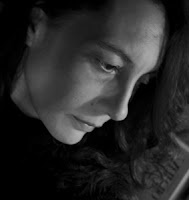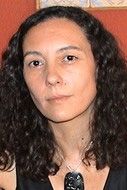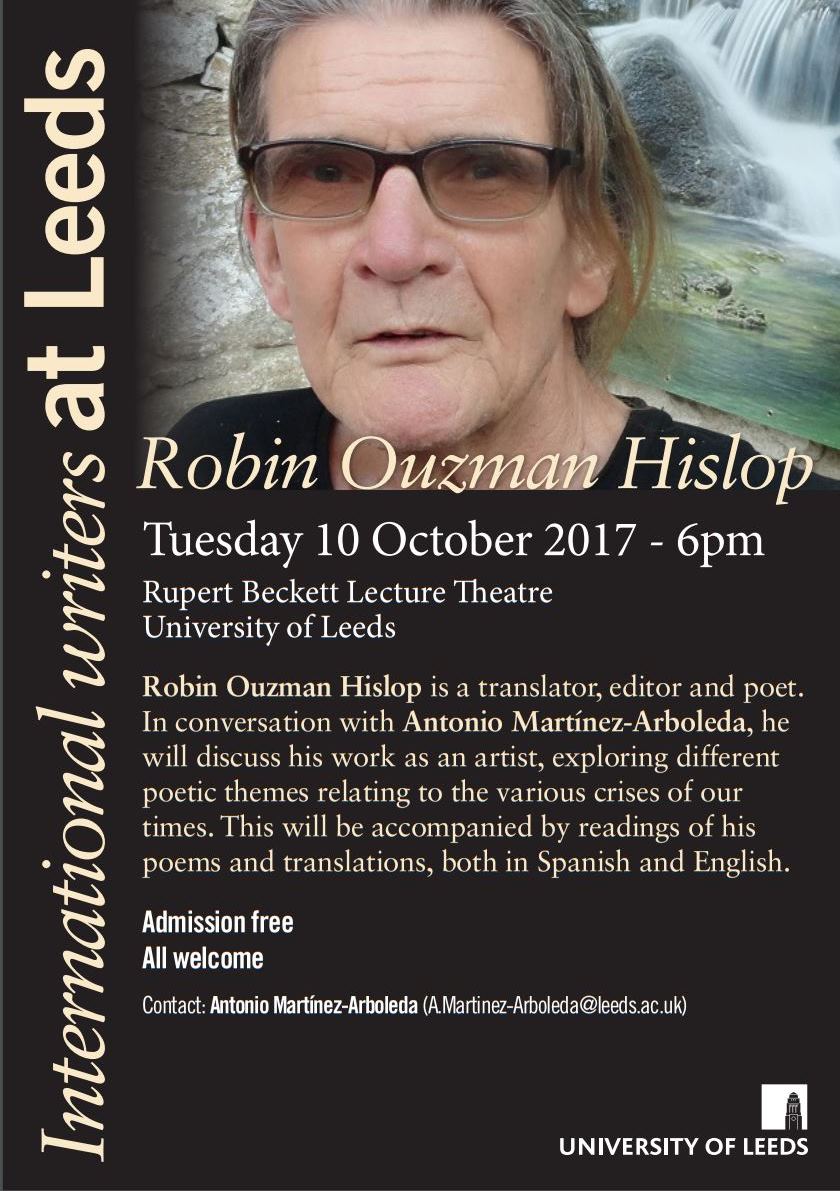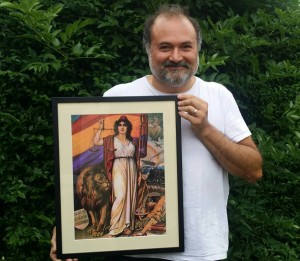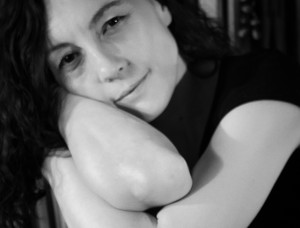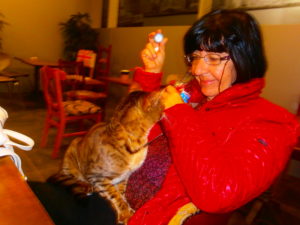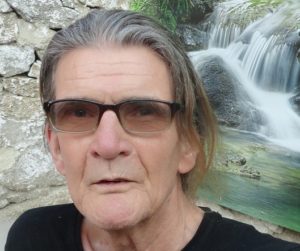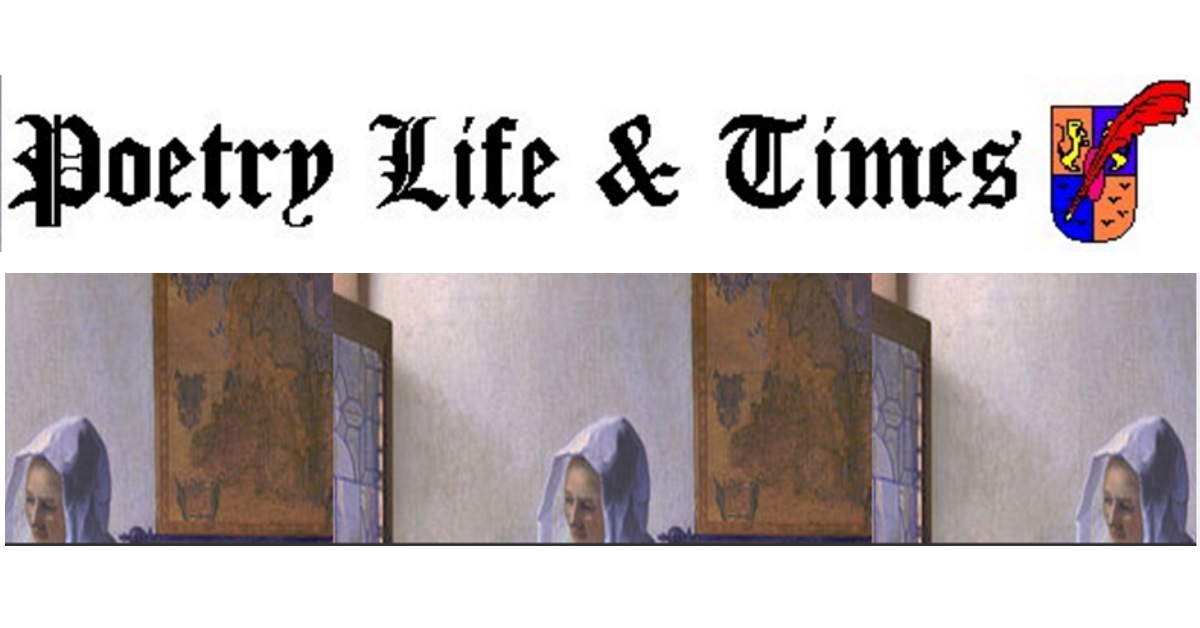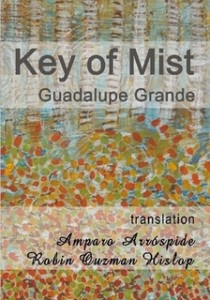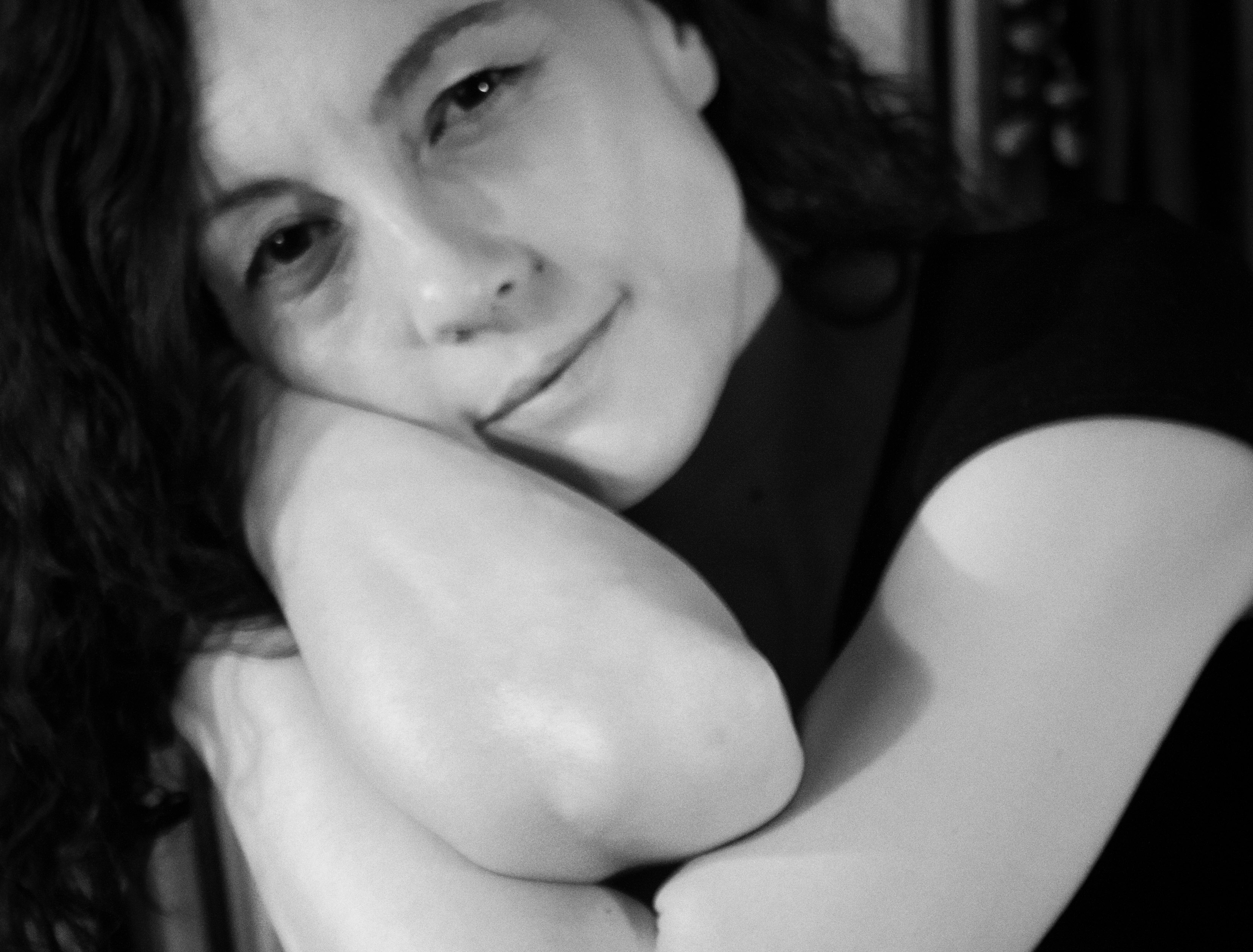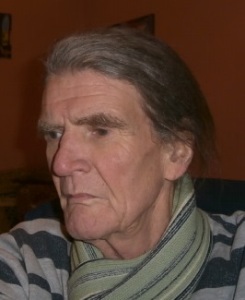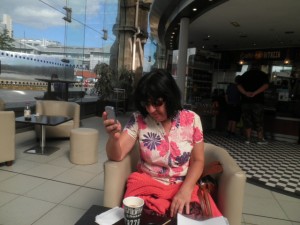Muñoz Sanjúan Cantos : & : Ucronías
Collages de Miguel Ángel Muñoz Sanjuán a partir de su libro Cantos : & : Ucronías (Calambur 2013). Animación, Guadalupe Grande. Dirección: Juan Carlos Mestre.
EXODUS & CIA
Dibujos de Miguel Ángel Muñoz Sanjuán a partir de su libro :Memorical-Fractal (Calambur, 2017). Realización y animación, Guadalupe Grande
Luz Pichel, Tra{n}shumancias
Video poema de Guadalupe Grande a partir del libro Tran{n}shumancias, de Luz Pichel.
«Poemas del Mediterráneo» con Guadalupe Grande
Sanse, ‘La Ciudad de la Poesía’, llora la muerte de Guadalupe Grande
I HAVE A DREAM
Videopoema de Guadalupe Grande sobre fotografías y texto de la autora.
JARRÓN Y TEMPESTAD
Poemas visuales y texto de Guadaupe Grande.
“Hotel para erizos” de Guadalupe Grande 23 May 2016 Guadalupe Grande presenta dos poemas inéditos.
Guadalupe Grande was born in Madrid in 1965. She has a Bachelor degree in Social Anthropology. Published poetry books: El libro de Lilit, (Renacimiento, awarded the 1995 Rafael Alberti Award, 1995), La llave de niebla (Calambur, 2003), Mapas de cera (Poesía Circulante, Málaga, 2006 and La torre degli Arabeschi, Milán, 2009), Hotel para erizos (Calambur, 2010) and Métier de crhysalide (an anthology, translated by Drothèe Suarez y Juliette Gheerbrant, Alidades, Évian-les-Bains, 2010).
As a literary critic, she has published in cultural journals and magazines, such as El Mundo, El Independiente, Cuadernos Hispanoamericanos, El Urogallo, Reseña and others.
In 2008 she was awarded the Valle Inclán grant for literary creation in the Academia de España in Rome.
In the publishing and cultural management areas, she has worked in institutions such as the Complutense University of Madrid Summer Courses, Casa de América and Teatro Real. Currently she manages poetical activities in the José Hierro Popular University at San Sebastian de los Reyes, Madrid.
***
Guadalupe Grande nació en Madrid en 1965. Es licenciada en Antropología Social.
Ha publicado los libros de poesía El libro de Lilit, (Renacimiento, Premio Rafael Alberti 1995), La llave de niebla (Calambur, 2003), Mapas de cera (Poesía Circulante, Málaga, 2006 y La torre degli Arabeschi, Milán, 2009), Hotel para erizos (Calambur, 2010) y Métier de crhysalide (antología en traducción de Drothèe Suarez y Juliette Gheerbrant, Alidades, Évian-les-Bains, 2010).
Como crítico literario, ha colaborado en diversos diarios y revistas culturales, como El Mundo, El Independiente, Cuadernos Hispanoamericanos, El Urogallo, Reseña, etcétera.
En el año 2008 obtuvo la Beca Valle Inclán para la creación literaria en la Academia de España en Roma.
En el ámbito de la edición y la gestión cultural ha trabajado en diversas instituciones como los Cursos de Verano de la Universidad Complutense de Madrid, la Casa de América y el Teatro Real. En la actualidad es responsable de la actividad poética de la Universidad Popular José Hierro, San Sebastián de los Reyes, Madrid.
No hubo tiempo para hacerle el homenaje que merecía y que hubo que posponer a 2021 por las medidas sanitarias. Ayer, de forma repentina, fallecía la poeta madrileña Guadalupe Grande, directora del Centro de Estudios de la Poesía José Hierro de San Sebastián de los Reyes, una tragedia inesperada que el municipio lamenta profundamente.
Pinceladas biográficas
Nacida en Madrid en 1965, hija de los poetas Francisca Aguirre y Félix Grande, y nieta del pintor Lorenzo Aguirre, Guadalupe Grande creció entre versos y pinturas que marcarían su trayectoria.
Licenciada en Antropología Social, comenzó su andadura como poetisa, ensayista y crítica literaria, publicando los poemarios “El libro de Lilit” (Premio Rafael Alberti, 1995), “La llave de niebla” (2003), “Mapas de cera” (2006) y “Hotel para erizos” (2010); además de antologías, traducciones, ensayos y reseñas literarias.
En el ámbito de la edición y la gestión cultural trabajó en diversas instituciones, mientras, desde los primeros años 2000, se mantenía al frente del Centro de Estudios de la Poesía (CEP) José Hierro de Sanse.
Defensora de la educación en las artes y humanidades, desde el CEP hizo todo lo que estuvo en su mano para volver a situar la poesía en primer plano: con actividades y talleres abiertos a toda la población y especialmente a la gente joven, dando continuidad al programa televisivo Tertulias Poéticas en Canal Norte, con la promoción de los Premios Nacionales de Poesía José Hierro y de Poesía Joven Félix Grande, y con nuevos proyectos, algunos de los cuales germinaron digitalmente durante el confinamiento y esperaba relanzar en los próximos meses.
La reinvención del CEP
El pasado mes de marzo, con la entrada en vigor del confinamiento, Guadalupe Grande tuvo que reinventar la actividad del CEP para dar continuidad a la labor de divulgación de la poesía que se hace desde él.
Así, el presente curso arrancó con el lanzamiento online de varios talleres que se han mantenido hasta entrado el mes de diciembre. Y en otoño también se empezó a consolidar la iniciativa #PoesíaEnCasa, un espacio surgido durante el confinamiento y que ella misma editaba -recuperando poemas recitados por sus autores del archivo de CNTv-, para el que proyectaba la grabación de nuevas entregas con poetas de varias generaciones, iniciativa en la que la acompañarían los poetas Óscar Martín Centeno y Pepe Ramos; contenidos para revitalizar “La ciudad de la poesía” en la que nunca dejó de creer.
También la poesía visual, de la que Guadalupe Grande era un magnífico exponente, figuraba entre sus planes para el próximo curso. Y con ella, el homenaje a su vida y obra que no pudimos llegar a hacer y que dejamos pendiente.
